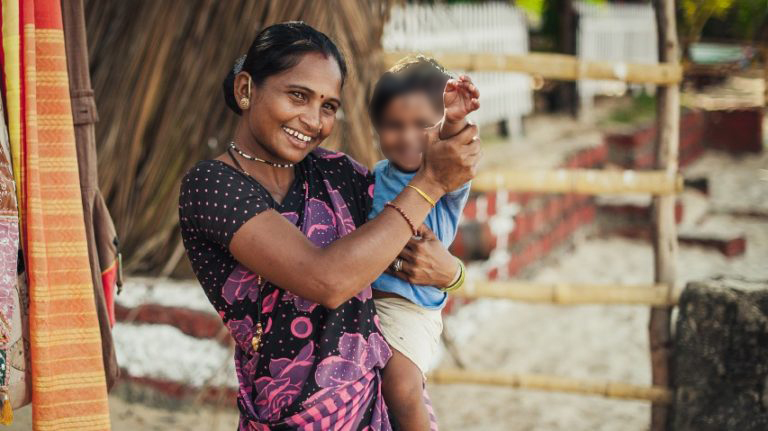In 2019, the UN General Assembly under pressure from 198+ organizations modified the most important child right of Right to a family to Right to Live in the Family. The Miracle Foundation was one of the 198 organizations who was instrumental in bringing about this change.
Over the last decade, there has emerged a strong momentum for family-based care reforms on a global scale aimed at ensuring that children are thriving in healthy family settings. In many cases, these family members could care for their children if given the right need-based support.
The effects of Institutionalization on children are massive and long lasting. The cost of institutionalization to children, why there is a need for the children to be in families and a family’s role in their individual growth as a competent human being are often disregarded. A Harvard study stated that children growing up in Child Care Institutions show a substantial lower level of IQ (average IQ of 84) than their peers reared in families (average IQ of 104), and the difference amounted to 20 IQ points. Another finding of the Harvard study said that “Science now proves conclusively that children suffer immediate, lasting, and in many cases irreversible damage from time spent living in institutions or outside of families, including reduced brain activity, reduced IQ, smaller brain size, and inability to form emotional bonds with others.”
The last 80 years of research into the effects of institutionalized care has found deficits to the child’s “physical growth, cognitive function and social-psychological health”, according to the Lancet medical journal. Hundreds of Attachment studies have all found that children in loving families form stronger, more trusting bonds which then serve to make them more functional, compassionate adults. In the long-term, the socio-economic impact of the crisis, coupled with strained government services, will test the capacity of vulnerable families to care for their children. In this context, it is essential to pre-emptively scale up the capacity of quality family-based care and social protection systems to enhance family resilience and prevent unnecessary family separation and recourse to residential care.
A movement to ensure that every child lives sustainably in a safe and nurturing family calls for a collaborative approach in bringing about systemic change in a state’s child care and protection systems. The needle can move if all the key stakeholders in the child care and protection system are enlightened on the importance of family based & alternative care and well equipped with technical knowledge, skills, practices in this sphere. This calls for strengthening the capacity of child protection machinery both government as well as child care institutions (CCIs). Miracle Foundation is leading the way to train, equip and monitor the social workforce and governments in family strengthening and family based care.
To learn more about our expertise and prevention model of work, please write to us at safelyhome@miraclefoundation.org.

